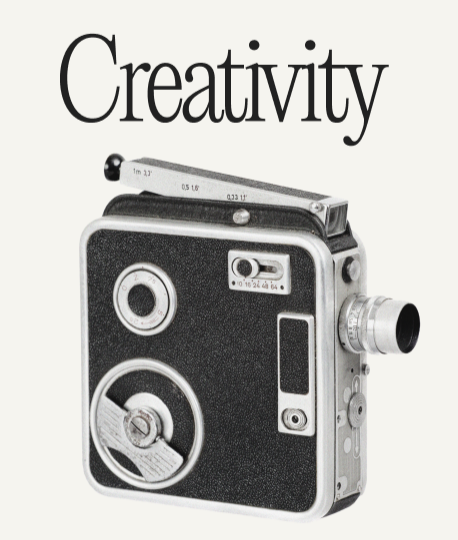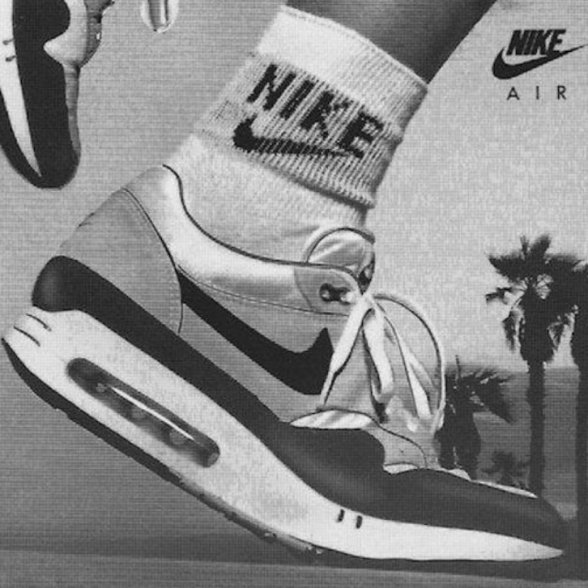
How a skill that should never have been devalued is undergoing a promising renaissance.
Creativity allows brands to connect with consumers at a more personal level and build long-lasting, loyalty-led relationships with them; a valuable asset in times of uncertainty and instability. If there is a time to be creative that is now. In this article we explain why.
A Matter of Attiude
If every time you talk about why you want to study Fine Arts instead of Law your parents give you a disappointed look, you might want to mention a couple of the arguments below.
Creative jobs are on the rise.
And they are well paid (or at least better paid than 10 years ago).
Gone are the days when it was considered that an artist did not mind working for free. We are slowly reclaiming the right that should always have been ours: the recognition of our contribution to society.
As the pandemic turned lawyers and engineers into spontaneous chefs broadcasting their recipes on YouTube and abstract painters selling their pieces as NFTs, the world began to realize that the role of creativity in society transcends that of mere entertainment and is, in fact, a matter of life and death (or a matter of staying sane or going nuts, if one wants to sound less melodramatic).
Creative jobs are gaining momentum in large part because art, design, and abstract thinking are becoming increasingly popular solutions for dealing with society’s modern concerns such as mental health, climate change, and digital burnout. The dearth of sensory experiences in our WFH routines and digital lives has left us thirsty for more genuine and creative moments. The kind of moments where we put the left brain to rest and let the right brain fantasize.
Creativity is not just a momentary social preference, it is also an unstoppable trend in the labor market.
The unbridled pace at which automation is replacing logical and repetitive jobs is giving way to abstraction and experimentation. Proof of this is the considerable increase in the number of creative recruits by companies normally considered ‘technical’ such as IBM, Mercedes or KPMG.
Want to keep reading?
Leave your email and get a pdf copy of the article.


